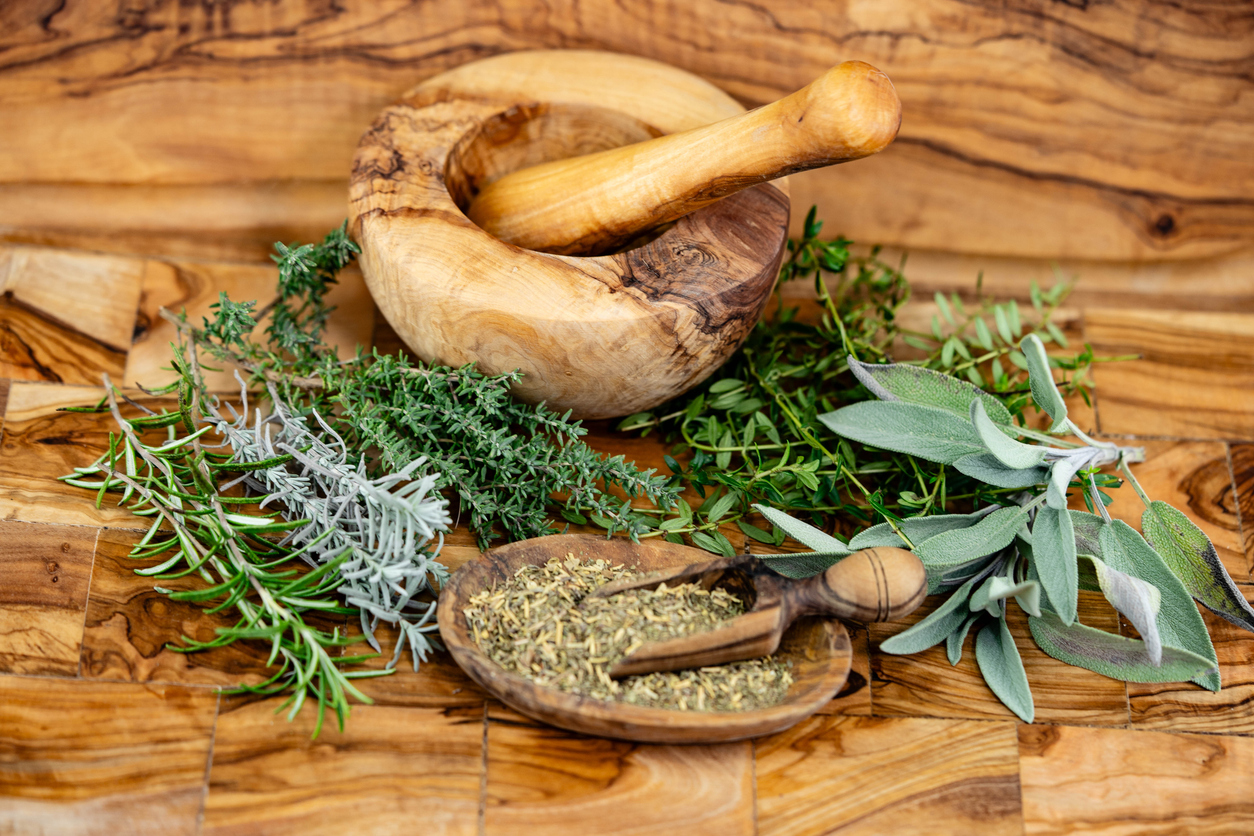
When it comes to treating minor health issues, many people turn to natural remedies as an alternative or complement to over-the-counter medications. Natural remedies, often derived from plants, herbs, and other organic sources, have been used for centuries to address various ailments. While it’s always important to consult with a healthcare provider for serious or persistent issues, natural treatments can provide relief for many everyday conditions. In this article, we’ll explore some of the top natural remedies for common ailments.
1. Ginger for Nausea and Digestive Issues
Ginger has long been known for its ability to soothe an upset stomach and alleviate nausea. It contains compounds called gingerols and shogaols, which help to reduce inflammation and improve digestive function. Ginger can be particularly effective in treating nausea caused by motion sickness, pregnancy (morning sickness), or chemotherapy.
How to use ginger:
- Sip on ginger tea made from fresh ginger slices steeped in hot water.
- Chew on small pieces of crystallized ginger or ginger candies for quick relief.
- Add fresh or powdered ginger to smoothies, soups, or stir-fries for a digestive boost.
Pro tip:
- If you experience frequent nausea, consider taking ginger supplements after consulting with your healthcare provider.
2. Honey for Sore Throats and Coughs
Honey is a popular natural remedy for soothing sore throats and relieving coughs. Its antimicrobial properties help fight infections, while its thick consistency coats and soothes the throat. Honey has also been shown to reduce nighttime coughing in children, making it a great alternative to cough syrups.
How to use honey:
- Mix a tablespoon of honey into warm water or tea with lemon for sore throat relief.
- Take a spoonful of raw honey to calm a cough, especially before bed.
- Use honey as a natural sweetener in tea or yogurt to enjoy its health benefits daily.
Pro tip:
- Never give honey to infants under one year old, as it can cause infant botulism, a rare but serious illness.
3. Peppermint for Headaches and Muscle Pain
Peppermint oil is known for its cooling and soothing properties, making it an effective remedy for tension headaches and muscle pain. The menthol in peppermint oil helps relax muscles and improve blood flow, providing relief from headaches, migraines, and general soreness.
How to use peppermint oil:
- Dilute a few drops of peppermint essential oil in a carrier oil (such as coconut or olive oil) and massage it onto your temples or the back of your neck for headache relief.
- Add a few drops of peppermint oil to a warm bath to soothe sore muscles.
- Inhale peppermint oil using a diffuser to relieve tension and reduce headache intensity.
Pro tip:
- Always dilute essential oils before applying them to your skin, and avoid contact with your eyes and sensitive areas.
4. Chamomile for Stress and Insomnia
Chamomile is a well-known herb that promotes relaxation and improves sleep quality. It contains apigenin, an antioxidant that binds to certain receptors in the brain, helping to reduce anxiety and promote restful sleep. Chamomile tea is one of the most popular ways to enjoy the calming effects of this herb.
How to use chamomile:
- Drink a cup of chamomile tea before bed to unwind and improve sleep quality.
- Add a few drops of chamomile essential oil to your bathwater for a relaxing soak.
- Use chamomile extract or capsules (after consulting with a healthcare provider) to help with anxiety or insomnia.
Pro tip:
- Chamomile is also gentle enough for children and can help calm them before bedtime.
5. Eucalyptus for Congestion and Sinus Issues
Eucalyptus oil is a natural decongestant and can help open up airways, making it an effective remedy for colds, sinus congestion, and respiratory issues. The menthol-like scent of eucalyptus stimulates cold receptors in the nose, improving airflow and reducing stuffiness.
How to use eucalyptus:
- Add a few drops of eucalyptus oil to a bowl of hot water, then lean over the bowl and inhale the steam to clear sinuses.
- Use eucalyptus oil in a diffuser to freshen the air and help with congestion.
- Apply a diluted mixture of eucalyptus oil and a carrier oil to your chest or throat to alleviate cold symptoms.
Pro tip:
- Avoid using eucalyptus oil directly on children, as it can be too strong for their sensitive respiratory systems.
6. Turmeric for Inflammation and Joint Pain
Turmeric is a powerful anti-inflammatory herb, thanks to its active compound, curcumin. It has been used for centuries in Ayurvedic and traditional Chinese medicine to treat conditions such as arthritis, digestive issues, and skin problems. Curcumin helps reduce inflammation and joint pain, making it a popular natural remedy for those with arthritis.
How to use turmeric:
- Add turmeric to your meals by incorporating it into curries, soups, or smoothies.
- Make a golden milk latte by mixing turmeric, black pepper (to enhance curcumin absorption), and warm milk or a milk alternative.
- Take curcumin supplements after consulting your healthcare provider, especially if you’re seeking relief from joint pain or chronic inflammation.
Pro tip:
- Combine turmeric with black pepper and healthy fats (like coconut oil) to increase its bioavailability, allowing your body to absorb the curcumin more effectively.
7. Garlic for Immune Support
Garlic has potent antiviral, antibacterial, and antifungal properties, making it a powerful natural remedy for boosting the immune system and fighting infections. It has been used in various cultures to treat colds, flu, and other minor infections. Garlic’s active compound, allicin, is responsible for its health-boosting properties.
How to use garlic:
- Crush or chop fresh garlic and let it sit for a few minutes before using it in cooking to activate the allicin.
- Add raw garlic to salads, dressings, or sauces for an immune-boosting kick.
- If you find raw garlic too strong, try garlic supplements, which provide the same benefits without the strong odor.
Pro tip:
- Garlic can also be used as a topical treatment for skin infections, but it should be applied carefully and diluted to avoid skin irritation.
8. Apple Cider Vinegar for Digestive Health
Apple cider vinegar (ACV) has long been used as a remedy for digestive issues, including indigestion, bloating, and heartburn. ACV helps stimulate digestive enzymes and increase stomach acid production, aiding in the breakdown of food.
How to use apple cider vinegar:
- Mix one to two tablespoons of raw, unfiltered ACV in a glass of water and drink it before meals to aid digestion.
- Use ACV as a salad dressing base to incorporate it into your daily diet.
- For mild heartburn relief, sip diluted ACV throughout the day.
Pro tip:
- Always dilute apple cider vinegar before drinking it to prevent damage to your teeth and throat.
Natural remedies can be a safe and effective way to address many common ailments, from digestive issues to stress and joint pain. Incorporating these time-tested remedies into your daily routine can help you feel better naturally while supporting overall wellness. However, always consult with a healthcare provider before starting any new treatment, especially if you have underlying health conditions or are taking medication. By combining natural remedies with a healthy lifestyle, you can promote lasting health and well-being.







